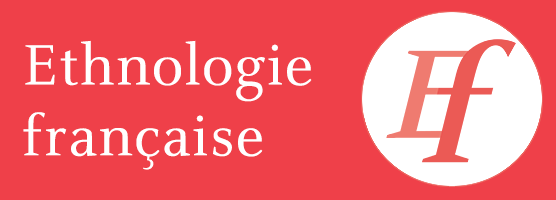Doctors, little envelopes and the politics of life in contemporary Lithuania
This article explores the ways in which doctors in Lithuania’s public health care perceive the envelopes with money that patients or their relatives give or feel compelled to give them before or after the treatment. These informal transactions are a distinctive element of medical culture in Eastern Europe and other post-socialist contexts. In Lithuania, they trace back to the socialist state. Gifts in kind, in cash or in services were present in medical encounters during socialism. They have been linked to the scarcity of resources in socialist economies and to the turbulent transitions to capitalism. Becoming a doctor in Lithuania means learning not only how to read charts and to diagnose, but also how to negotiate envelopes. The author investigates how doctors in public hospitals negotiate ethics, biomedicine and political economy through particular notions of care.
Keywords
- health care
- informal payments
- gifts
- post-socialism
- Lithuania
